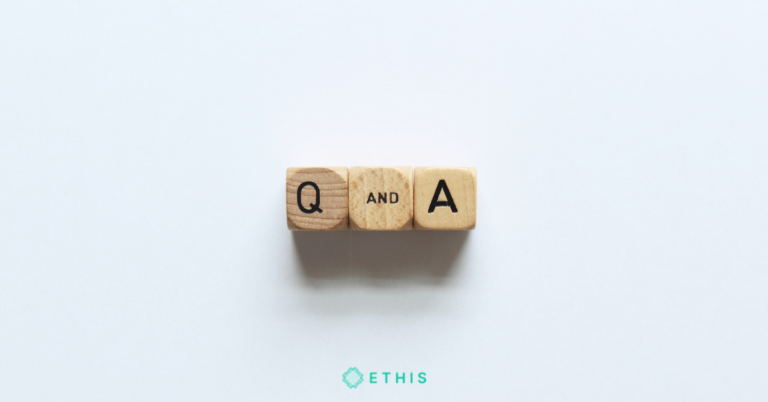
An Interview with Professor Malcolm Harper, emeritus professor of enterprise development at Cranfield School of Management, the UK. Educated at Oxford, Harvard and Nairobi, Prof. Harper, worked in marketing in England and then taught at the University of Nairobi. Since 1995 he has worked independently, mainly in India. He has published on enterprise development, micro-finance and livelihoods, and child protection.


Q: Professor Malcolm Harper. As an expert on Islamic Microfinance who has delved at length on both its Shari’ah compliant and sustainability aspects, how would you rate the success of Islamic micro-finance over the years?
A: It has been some years since I was actively involved in Islamic microfinance, whether as a practitioner or researcher or even a spectator, and I expect that it has evolved considerably since I last engaged myself in it in any way.
From what I remember, and what I occasionally read, there is still one major practical weakness in Islamic microfinance, at least in the sense that I understand it. This is the practical difficulty of providing Shariah-compliant microcredit to the very poor people who need it most. As I see it, such people, particularly women, generally need credit to pay for informal small needs, food from local vendors, school fees to small informal schools, rent to informal local landlords, and so on. The transactions are usually small, frequent and undocumented.
Q: Can you be more specific; what is it that is hindering Islamic micro-credit reaching the most deserving sections?
A: I may be out of date, I am in many ways, but it appears to me that these are the following ways in which Shariah-compliant lenders can make a profit on a loan, to cover the transaction costs, the risk of loss, and inflation.
1: Murabaha: The lender can in theory ‘buy’ the item from the supplier, and then ‘re-sell’ it to the borrower at a profit; the borrower need not physically take possession of the item, but there must be written evidence of the transaction and the prices. This is not generally available for the tiny and frequent purchases which poor people make from local suppliers nor would it be economic for either party to provide such evidence even if they were literate and able to do so.
2: Bai Salam: This is to cover the time value of the money needed to finance items such as agricultural crops, but the written formalities which are needed to document and legitimise the transaction effectively exclude the small and frequent undocumented transactions in which the smallest and poorest farmers and others have to engage to survive.



3. Ijara: This is similar to leasing, but again the transaction has to be formalised and documented in writing so that it is unsuitable for the micro-businesses by which most of the poorest people have to survive.
4. Mudaraba and Musharaka: Both these forms of financing involve some kind of partnership, which is formal, and they both require a degree of formalization, and documentation, which is quite beyond the means or the ability of the poorest people who need to be the clients of microfinance because they in no way qualify for finance from ordinary banks.


Q: As we understand it, these are more or less practical problems, so what can we do about it?
A: As I understand it, this leaves only qard hasan, or profit-free lending, where the lender has no recompense for her or his management time, for the risk of loss or the time value of money which is lost due to inflation; fundamentally, it is based on charity.
In my own and many other people’s opinions, charity is excellent, but is also demeaning, particularly for poor people who are proud of their efforts and do not wish to depend on charity. They want to engage with other businesses on a basis of mutual self-respect. And, of course, irrespective of this, there may not be sufficient ‘charitable’ people with sufficient money to lend for no return or with the time, ability or wish to manage the lending and recovery operation. Given the enormous numbers of very poor people in the world, particularly in the Muslim world, I doubt that there are.
Qard Hasan requires that such lending must be ‘charitable,’ that is, based on an unequal relationship between a needy person and a wealthier one. I and many others feel that poor people deserve to be treated with respect as customers in an equitable relationship, not as ‘beneficiaries’ of somebody else’s generosity. If this is still the situation, I should be glad to contribute in any way I can to remedy it. Perhaps through research, to check if I am right, and to find alternatives whereby such needs can be satisfied in a mutually dignified way.
Read more about How Inflation Impacts The Value of Your Money





One Reply to “Shortfalls of Islamic Micro-finance”
Very realistic observations
Top Posts
Islamic P2P Crowdfunding Explained
Halal Money Matters: How Muslims Can Balance Deen and Dunya with Smart Islamic Finance
Halal Investments for Singapore Muslims? It’s time for a shake-up in the Islamic Investments scene.
Smart investment for making Halal money
3 Reasons Why Property Crowdfunding is the Smart Investment for You